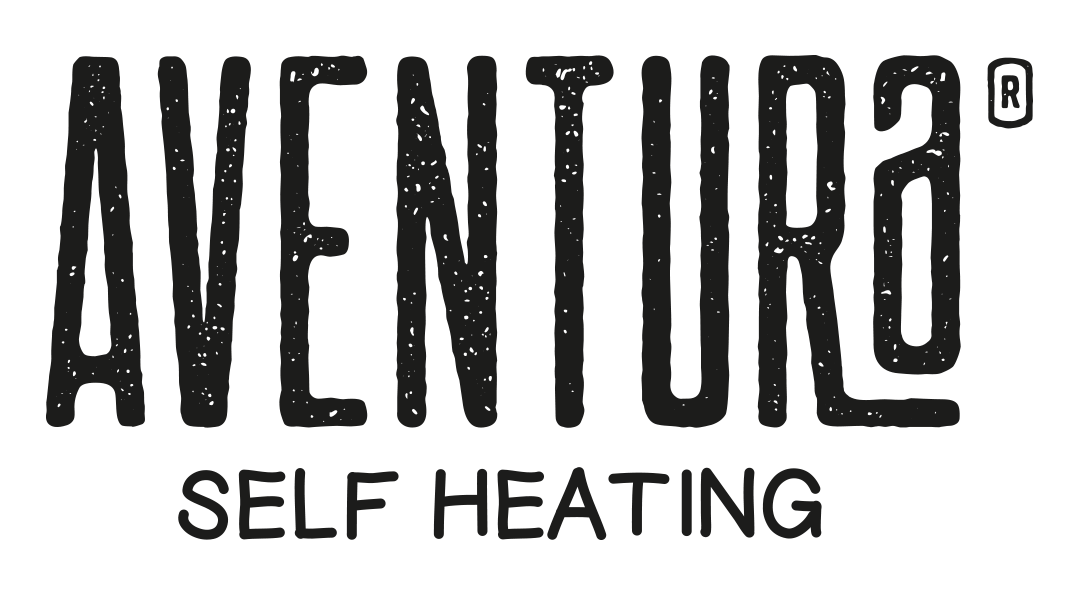Este sitio está protegido por hCaptcha y se aplican la Política de privacidad de hCaptcha y los Términos del servicio.
No olvides estos...


Tu Compañero Autocalentable
Ideal en cualquier
¿Cómo se “autocalienta” la lata?
Dentro de la lata de autocalentamiento, hay dos compartimentos. El primero contiene agua coloreada y Óxido de Calcio, y el segundo contiene 205 ml de bebida lista para beber. Ambos compartimentos están separados entre sí y nunca entran en contacto directo. Al presionar el recipiente transparente en el fondo de la lata autocalentable (después de quitar la tapa inferior), el agua entra en contacto con el Óxido de Calcio. Entonces comienza una reacción natural exotérmica que genera calor. Después, el calor se transfiere a la bebida por conducción a través de la hojalata de la lata interior que separa ambos compartimentos. ¡En tan solo 3 minutos tendrás caliente tu bebida caliente favorita!
¿La reacción toca mi bebida?
No. Nuestras latas autocalentables tienen 2 compartimentos separados. El primer compartimento tiene su bebida o sopa. El segundo compartimento es donde tiene lugar la reacción natural y está completamente aislado.
¡Solo el calor del compartimiento de reacción se transferirá a la bebida, para que disfrutes de algo caliente para tus aventuras!
¿Por qué aparece el vapor?
El vapor saldrá del fondo de la lata alrededor de 15 a 30 segundos después de presionar la lata. Esta es una parte normal del proceso de autocalentamiento. La reacción exotérmica natural entre el agua y el óxido de calcio genera vapor. Una vez que vea el vapor, gire la lata hacia arriba nuevamente y revuelva suavemente durante unos segundos, y su bebida favorita estará caliente en 3 minutos.
¿Qué tan caliente se pone la lata?
Después de 3 minutos, la bebida o sopa dentro del producto autocalentable ha aumentado su temperatura en aproximadamente 40 ˚C sobre su temperatura ambiente inicial.
Eso significa que si la temperatura de almacenamiento de su lata fue de 20˚C, entonces el producto estará a unos deliciosos 60˚C.
Le sugerimos que almacene los productos entre 5˚C y 30˚C para obtener el producto óptimo y que la reacción funcione según lo previsto.
¿Dónde puedo llevarlo?
Puedes llevarlo donde quieras, esa decisión es solo tuya. A la cima de una montaña, a la playa, a una ruta en kayak o a un camping.





